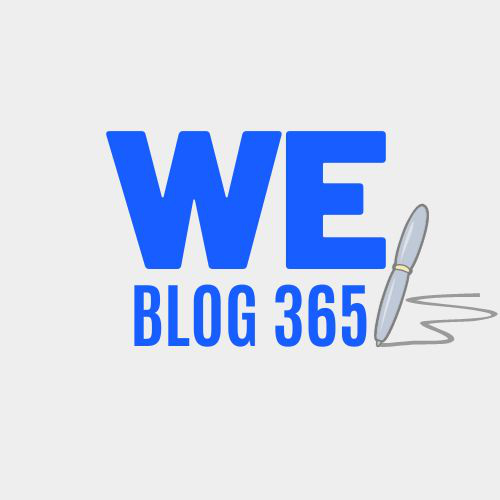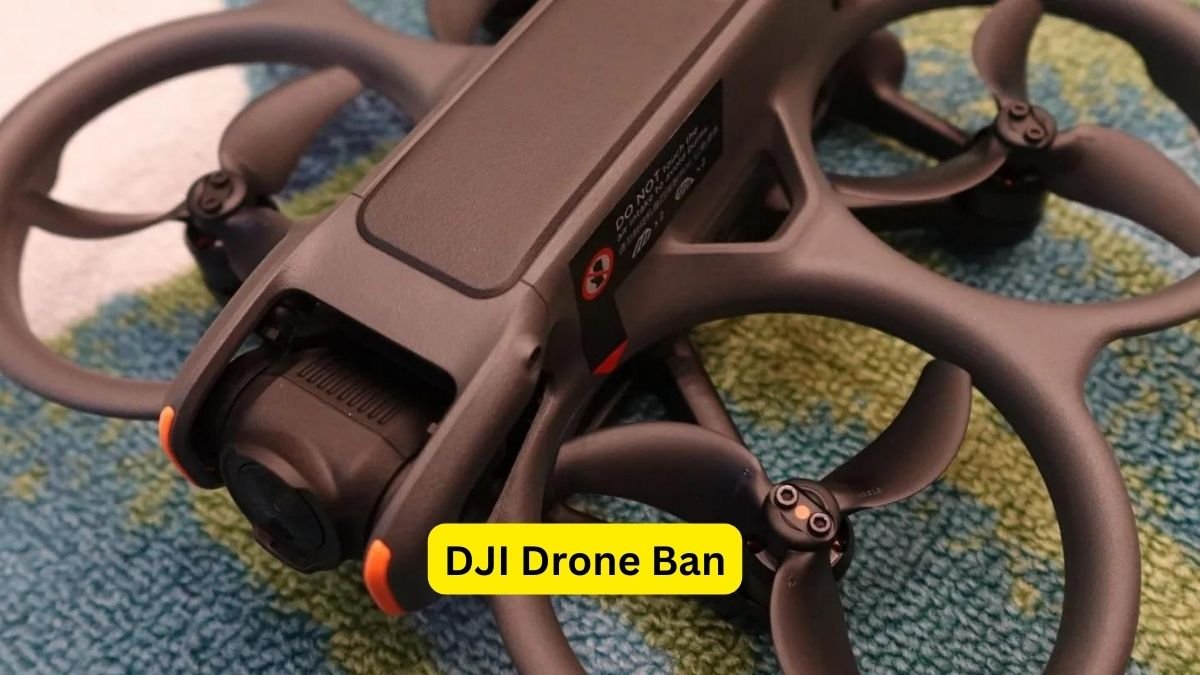The global drone industry has been witnessing significant shifts, especially with regulatory changes. DJI, the world’s leading drone manufacturer, is at the forefront of these discussions. Recent reports have surfaced about a potential ban or restriction on DJI drones in September 2024. In this article, we will explore the key details surrounding this ban, its impact on the drone market, and how it could affect both consumers and industries worldwide.
Overview of the DJI Drone Ban in September 2024
The DJI drone ban in September 2024 is not just a regional issue but a global concern. Several countries have raised security and privacy concerns regarding DJI drones, citing potential misuse of data. This has led to government bodies, regulatory agencies, and drone enthusiasts raising questions about the future of DJI drones in various markets.
Why Is There a Potential Ban on DJI Drones?
One of the primary reasons behind the potential ban is related to national security concerns. Certain governments, particularly in the United States and Europe, have expressed worries about how DJI drones collect and transmit data. There have been allegations that DJI drones could pose a threat to national security, as they might be transmitting sensitive data to foreign entities.
Another factor contributing to the ban is the issue of privacy violations. DJI drones are equipped with high-resolution cameras and advanced GPS technology, which can be used for surveillance purposes. This has raised alarms among privacy advocates who fear that these drones could be used for unauthorized data collection.
Furthermore, the regulatory landscape around drone usage is becoming stricter globally. Countries are implementing stringent rules and regulations that manufacturers like DJI must comply with. Failure to meet these standards could result in temporary or permanent bans.
Key Markets Affected by the DJI Drone Ban
United States
The United States has been one of the most vocal critics of DJI. Several governmental bodies, including the Department of Defense (DoD) and the Federal Aviation Administration (FAA), have expressed concerns about the usage of DJI drones in sensitive environments. In fact, DJI drones were banned from being used by U.S. military personnel as early as 2020. As we approach September 2024, it is likely that further restrictions could be implemented, particularly for government and commercial use.
Europe
Europe is another region where concerns over DJI drones have been growing. Several European nations have already started implementing restrictions on the use of these drones, particularly for governmental projects. The European Union Aviation Safety Agency (EASA) has indicated that it will be reviewing its guidelines regarding DJI drone usage, which could lead to broader restrictions across the EU.
China
While China is home to DJI, even within its borders, there are discussions about tightening regulations around drone usage. The Chinese government has been known to enact swift regulatory changes, and if there is a growing concern about data security or privacy violations, we could see restrictions in DJI’s home market as well.
Impact on Consumers and the Drone Industry
Impact on Hobbyists and Enthusiasts
The potential ban on DJI drones could have a significant impact on drone hobbyists and enthusiasts worldwide. DJI drones have become a go-to choice for hobbyists due to their affordability, ease of use, and advanced features. A ban could limit the options available to consumers, forcing them to seek alternatives, which may not offer the same level of quality and performance.
Impact on Businesses and Commercial Use
The commercial drone sector is where the effects of the DJI drone ban will likely be felt the most. Industries such as agriculture, real estate, construction, and media have increasingly relied on DJI drones for various applications, from crop monitoring to aerial photography. A ban on DJI drones could disrupt operations in these sectors, leading businesses to invest in alternative drone solutions, which may be costlier or less efficient.
Impact on the Global Drone Market
DJI holds a significant share of the global drone market, and any restrictions or bans could cause a major shift in the industry. Competitors such as Parrot, Autel Robotics, and Skydio could potentially benefit from DJI’s decline. However, the question remains whether these companies can fill the void left by DJI in terms of innovation, quality, and pricing.
Alternatives to DJI Drones in Light of the Ban
If the ban on DJI drones comes into effect, consumers and businesses will need to explore alternatives. Below are some viable options that could replace DJI drones:
1. Parrot
Parrot, a French drone manufacturer, is one of the strongest competitors to DJI. Known for its Anafi series, Parrot drones offer great image quality and user-friendly interfaces, making them a suitable alternative for both hobbyists and professionals.
2. Autel Robotics
Autel Robotics, a U.S.-based company, has been steadily gaining traction in the drone market. Their Evo series drones have been praised for their excellent performance, reliability, and focus on data security. This makes Autel a strong contender for replacing DJI drones, especially in markets where security is a top concern.
3. Skydio
Skydio is another U.S.-based drone manufacturer that has been rapidly expanding its product lineup. Skydio drones are particularly known for their autonomous flight capabilities and advanced obstacle avoidance systems. They are a viable alternative for industries that require advanced, high-tech drones for commercial purposes.
The Future of DJI in a Post-Ban World
While the potential ban on DJI drones is concerning, the company is unlikely to disappear from the market entirely. DJI has been working to address security and privacy concerns, including implementing localized data storage and enhancing data encryption features. These steps could help DJI regain trust and comply with stricter regulations.
Moreover, DJI continues to innovate, with new drone models and technologies expected to be released in the near future. If the company can successfully navigate the current regulatory challenges, it may still remain a dominant force in the global drone industry.
Conclusion: Preparing for a Post-DJI World
The potential DJI drone ban in September 2024 has significant implications for both consumers and the broader drone industry. As governments tighten regulations and address security concerns, the future of DJI drones in key markets remains uncertain. Businesses and hobbyists alike should start exploring alternatives and preparing for a possible shift in the drone market.
However, with DJI’s commitment to addressing these issues, there is still hope that the company can navigate through the current challenges and continue to lead the industry.
In this blog, we have provided detailed information on DJI Drone Ban. We appreciate you taking the time to read this post about DJI Drone Ban in our blog! If you find this information useful, please share this blog with your friends and family so that they can also know about DJI Drone Ban. Visit our website homepage weblog365.in to read more interesting and informative blogs and stay updated.

My name is Yogesh Pandey, and I hail from Lucknow, India. I work in digital marketing. I have been blogging since 2023. I write about Technology, Entertainment, Automobile, and Lifestyle providing insights to help others find quality products. I am excited to have the opportunity to collaborate with weblog365.in now. You can reach out to me via email at weblog365.in@gmail.com. Let’s connect! 🙏

